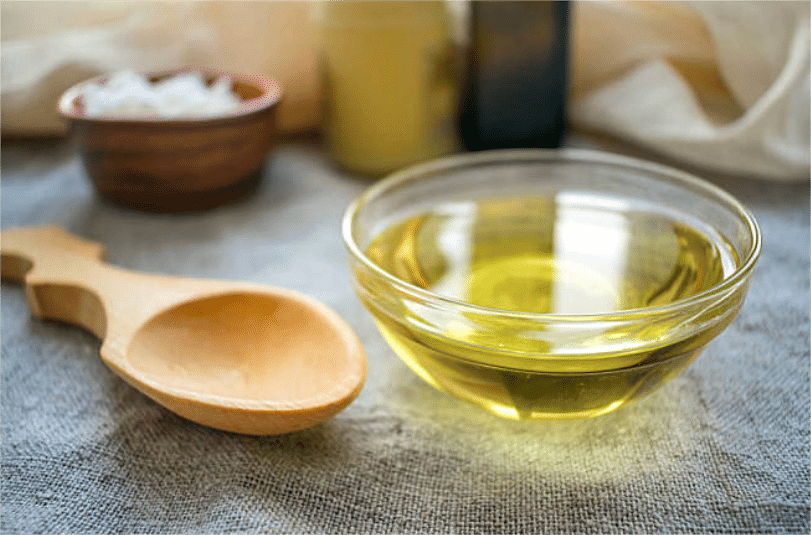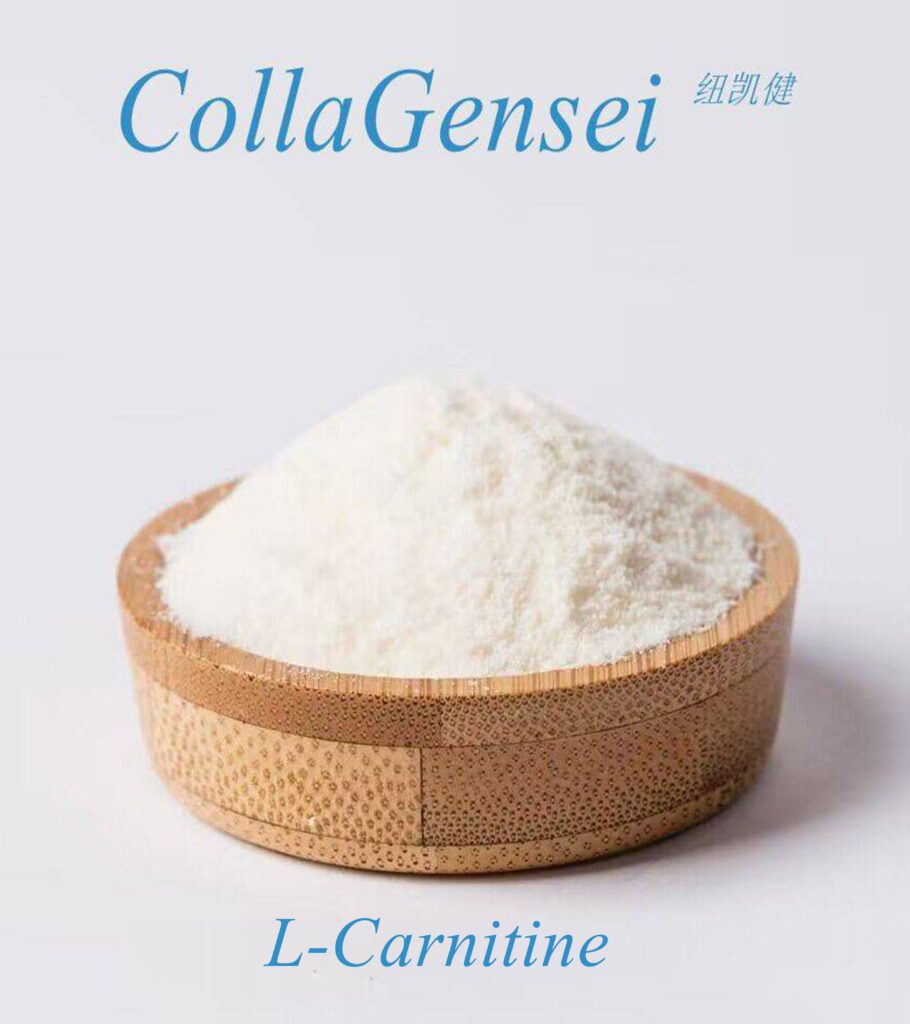People are familiar with soybean protein isolate and whey protein. However, what they know is only superficial; this article will specifically introduce the differences between the two. Do you have interests?
Different sources:
* Soybean protein isolate is derived from soybeans, which contain about 40% protein in the soybean seeds. These proteins are separated, extracted, and processed to obtain high-quality soy protein isolate.
* Whey protein is a rare protein extracted from milk through advanced processes. It is touted as the “king of proteins” due to its high aborption rate, high purity, and most reasonable amino acid composition.
Different nutritional values and ingredients:
* Soybean protein isolate is a high-protein food ingredient, mainly composed of amino acids linked by peptide bonds to form a high molecular weight organic polymer. This protein structure contains approximately 90% globulins (the main component of soy protein) and about 5% albumins (complementary to globulins). Soybean protein isolate contains eight essential amino acids, but the levels of methionine and tryptophan are relatively low;
* Whey protein boasts a plentiful and judicious composition of amino acids, particularly lysine, azotiene, and glutamine, with a rich repository of vitamins and minerals essential to human nutrition. Furthermore, the cysteine and methionine within whey protein can sustain the levels of antioxidants within the human body.
Different functions and benefits:
* Soybean protein isolate:
(1) Enhancing Food Texture and Flavor: Soybean protein isolate incorporated into meat products can refine the texture of said meats, augment flavor, elevate protein content, and even forestall separation, thereby enhancing quality and taste perception.
(2) Nutritional Support: Soybean protein isolate is a plant-based compound extracted from soybeans, closely replicating the structure and characteristics of pure soybean proteins. Packed with nearly two dozen amino acids essential to human health (including the essential ones), it stands as an exceptional supplement for protein enrichment, capable of bolstering immunoglobulin synthesis.
(3) Reduce Cholesterol: Soybean protein isolate possesses the power to lower cholesterol, thereby diminishing the incidence of cardiovascular and cerebral disease. Soybean protein isolate’s capacity to decrease the urinary loss of calcium and augment the lumbar column’s calcification capacity effectively curbs osteoporosis; concurrently, it can facilitate estrogenic levels, mitigating the discomforting symptoms of women during their menopause.
(4) Promoting wound healing: Soybean protein isolate effectively treats skin mucosal damage, enhances subcutaneous cell activity, and reduces healing duration.
(5) Enhance Immunity: Soybean protein isolate can activate the vitality of immune cells within the body and diminish the infections associated with various diseases, thereby aiding in improving symptoms of weakened immunity.
(6) Other functions: Soybean isolate protein boasts benefits in beauty treatment, aiding weight loss and preserving overall health.
(7) Furthermore, within the food industry, soybean isolate protein is extensively utilized in the fabrication of various types of edibles, including meat products, dairy items, and cereal products, due to its diverse functional attributes—such as emulsifying properties, hydration capabilities, oil-absorbing traits, gel-forming abilities, foam generation, and film-coating characteristics.
* Whey protein:
(1) Monitor and manage weight: The fat and cholesterol content of whey protein powder is exceedingly low, and since it belongs to a water-soluble substance, it can, to some extent, exert an inhibitory effect on weight management.
(2) Boosting immunity: Whey protein can supplement the body with necessary nutrients such as protein and amino acids, which help boost immunity and reduce the risk of illness.
(3) Promote muscle growth: Whey protein contains abundant branched-chain amino acids, which are beneficial for preventing muscle breakdown and promoting muscle synthesis and repair.
(4) Anti-aging: Whey protein contains glutathione, which can increase the body’s antioxidant levels, thereby delaying aging.
(5) it also has functions such as supplementing nutrition and lowering blood pressure, blood sugar, and blood lipids. Patients should maintain a light diet and adequate sleep, which benefits their health.
Different target audience:
* Soybean protein isolate is more suitable for infants, pregnant women, lactating women, and people with weak physical conditions to consume.
* Due to its high nutritional value and multiple benefits, whey protein is more suitable for fitness enthusiasts, older people, and people with special protein needs.
Different side effects:
Excessive intake of soybean protein isolate may exacerbate gastrointestinal burden, while excessive whey protein intake may exacerbate renal burden. Therefore, it is necessary to supplement appropriately based on individual circumstances and medical advice.
https://www.collagensei.com/wp-content/uploads/2024/07/Whey-protein-300×197.png




